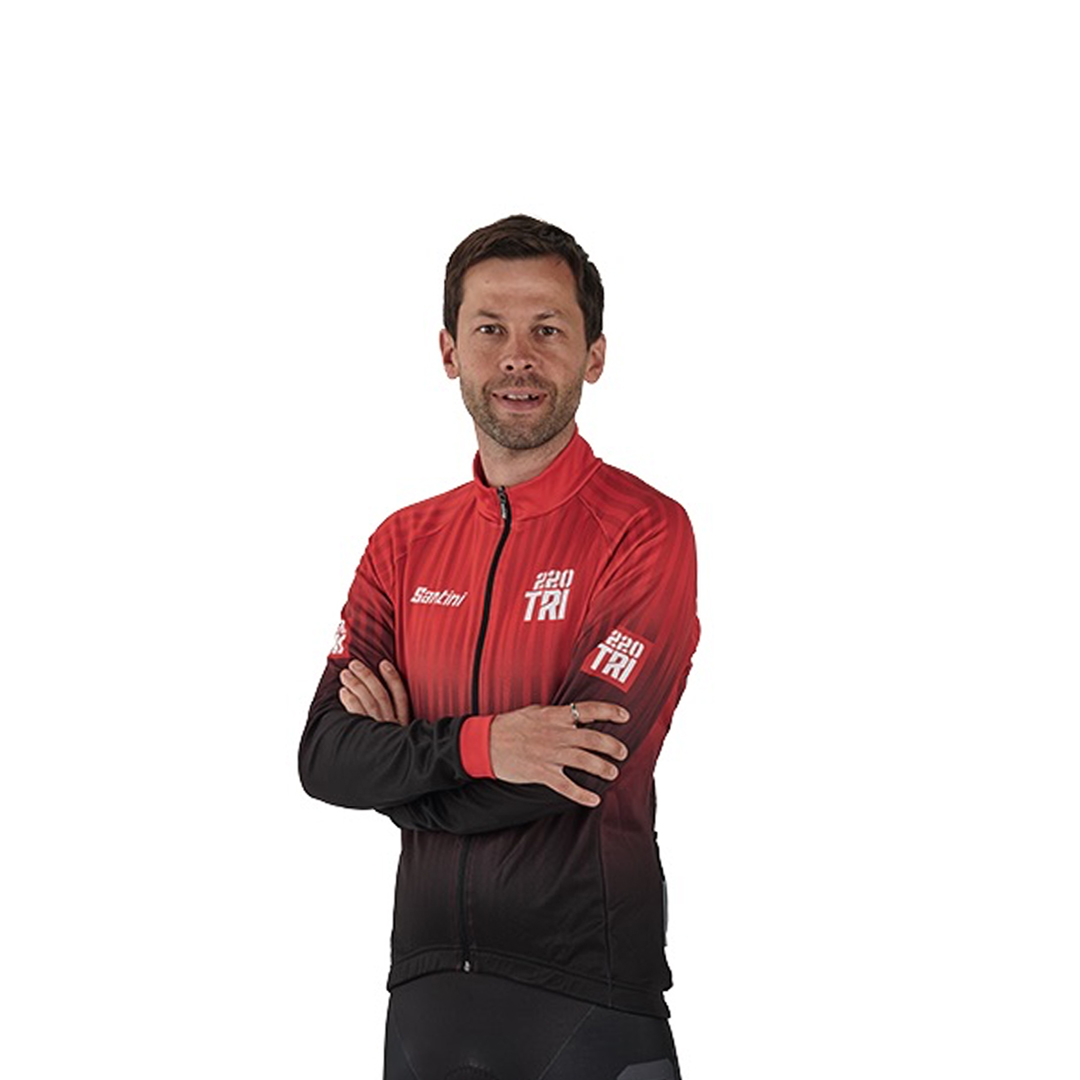Issue ID: Summer 262
He’s beaten the best to claim Olympic gold. So who better to guide you through the preparation and pressure that 110 athletes will experience in their quest for Olympic gold than Hamish Carter?
Hamish on... Hyde Park tactics
Exciting racing often comes from hillier bike rides so it’ll be a shame for London if 50 racers get off the bike at the same time. For a flat course that the athletes have raced already, the challenge will be how to think creatively. They may be restricted on how to approach the race as their previous races there will sit on their mindset. Athletes will go into that race resigned to knowing that, even if they run faster than ever, they won’t win. So they’ve got to approach the race differently. The fast runners will have to be taken out of the equation early on.
You can either go, “Based on current form I’m racing for third, fourth or fifth” or, “This is a once in a lifetime chance. I’m going to race for first.” Decide who to target and how. Look at previous times, what packs form out of the water and who’s riding for who.
Olympic preparation
At 34, Athens was my last shot but I had enough experience to re-write the way I trained. ITU racing was still built around one race a year that counted, whether it was the Olympics or the ITU Worlds.
For Athens I changed everything I did and my tactical insights. My coach [Chris Pilone] stuck to the fundamentals and I brought the innovation. I trained less than everyone else but when I trained hard, I trained harder than everyone else. I took a lot of recovery instead of that ‘train, train, train’ ethos of other athletes. Instinctively it felt right. In 2011 the athletes are trying to race consistently all year but, for the Olympics, they’re trying to peak for one race. That’s a totally different approach and a real challenge to adapt to.
Olympic pressure
In triathlon there are so many aspects out of your control. You either take that on board or just manage it. As you wait your whole life to win a race like that, the pressure at the Olympics is extremely high. Before Athens there were 20 guys who were contenders. But because of the intense Olympic pressure there’ll always be five guys who’ll take themselves out of contention through their own nerves.
You have high expectations and, for me, I was reflecting on 15 years of racing and training, and a multitude of sacrifices like leaving my young family at home. You’re there for one reason and that’s to win the race. Pressure comes from all sides and you try to control that to get to the start line as relaxed as possible.
Racing countrymen
Bevan Docherty came second at Athens and when you have a fellow countryman with you at the front, you’re more inclined to put them ahead of the field. You’ve beaten the rest of the world but you still have to beat your own bloody countryman!
That’ll push Alistair and Jonny Brownlee harder. In an odd way that’s a huge advantage for them but I wonder whether the rest of the athletes are willing to allow them to control the race. I’m baffled that they’re currently allowed to control the race and that no-one has attacked them in a strategic way. But it would be a good idea to start thinking about it now!
Beating the Brownlees
From an athlete’s perspective, people will be calculating how fast they have to run and building everything back from there. But there’s got to be 10 athletes who know they can’t run as fast as the Brownlees.
The race then has to pivot around the bike and if they don’t get away they’re wasting their time. The Brownlees can’t cover everything on the bike so it’ll be neat to see some guys throwing themselves off the front and having a crack. The fact that the Brownlees were still controlling the bike at the Madrid ITU race was ludicrous. The other racers are playing into their hands. But what the Brownlees have done is incredibly exciting and they’re phenomenal athletes. But will they handle the pressure? It’s not a normal race – funky things happen at the Olympics. It’s an incredibly tough event to win.
Losing his desire
I was chasing Tim Don at the 2006 ITU World Championship race and it dawned on me that whether I won or not didn’t matter. Winning the Olympics ruins you in that sense. You lose your desire and I knew my time was up, although I raced really well in 2006. I had a young family and wanted to experience a new kind of life.
The current crop is much younger, though, and it seems to have gone to a new level. But it’ll evolve again and whether that means guys will approach it in different ways, like bringing the bike back into play, that’s the great thing about it. As soon as you think the sport is the way it is, it changes. There’s no script.
Image: Dave Tyrrell
